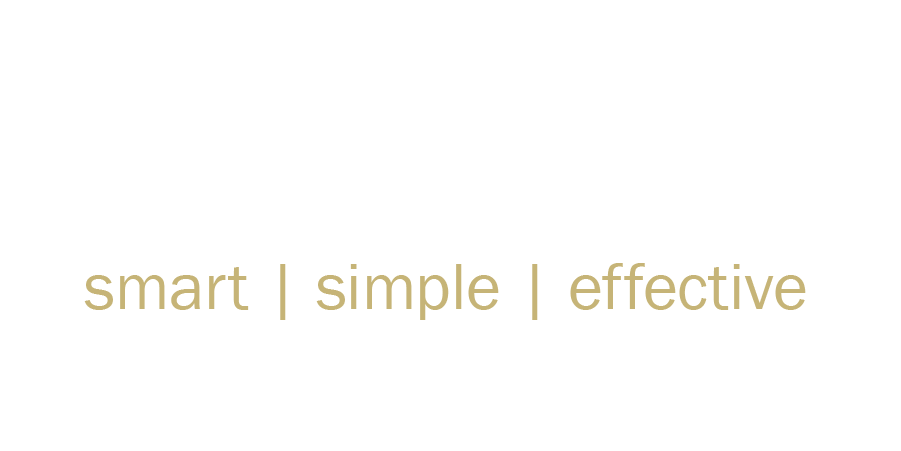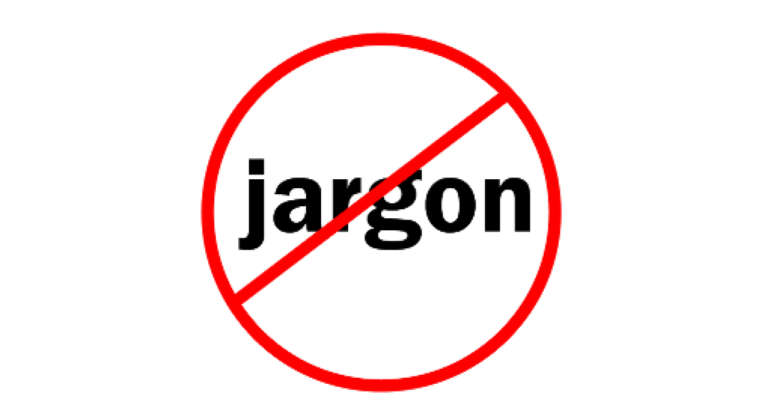Information is free. Shape it and benefit from it.
James Chittenden, Triumph Business Communications
Maybe you have bought and sold stocks or mutual funds before. Have you ever hired a financial advisor? A couple of generations ago, financial advisors were called stockbrokers, and still are in some circles.
Stockbrokers once charged very large commissions for buying or selling stocks for customers. They did that because they could. The large firms, or wire houses, had the licenses, the technology, but most importantly, the research and the information that the rest of the investing public needed but did not have. The information advantage they had enabled them to mark up prices and set service charges at will.
Thanks to the internet and secure online trading, those customers gained the ability to research stocks online and make trades there too, so trading commissions shrank due to market pressure. As a result, nobody pays $200 for a stock trade anymore. The industry had to change to an advice and relationship-based model. It used to be that the advice was free but the trade was not. Now the trade is free but the advice is not.
Information is freely available, so chances are that customers or potential customers have the ability to learn almost as much as you do about your business. Every business, every industry, every sector at every level is subject to it. Are you ready?
1. Consider this litmus test. When information is turned loose, does it help you or hurt you? If it does not help, it is time to evolve your business model or practices, and perhaps employ a remedial public relations strategy.
I read about a businessman who was very active in politics and served in powerful positions on regulatory boards. However, he was known for being secretive and protective about rental properties he owned. Code inspectors and reporters descended upon the properties and found them to be deplorable, unfit for human habitation, and overpriced. Within one week of the story appearing in local media, he had to shut down his rentals, compensate the tenants, and resign from all of his public positions.
2. Protective, secretive tendencies will always make reporters curious, so don’t set yourself up for disaster. If you don’t want it in the newspaper, don’t do it.
You will prosper personally and professionally when you connect yourself and your business with people instead of disconnecting from them.
3. Private triumph comes before public triumph. If you are conducting business in a way that you would be proud to tell your mother, your father, and your children about, chances are that you will enjoy a sound public reputation.
Ideally, creating and conducting business is a rich experience worth talking about. When your message finds its mark in some latent needs of people, your success stories will start mounting.




